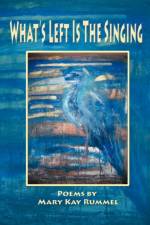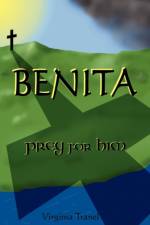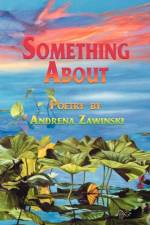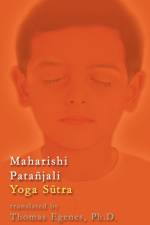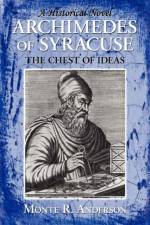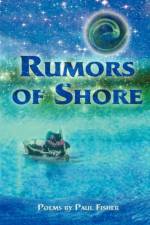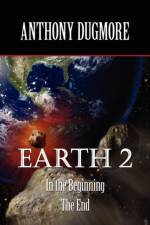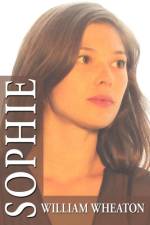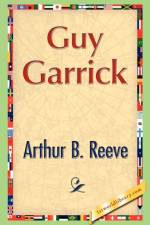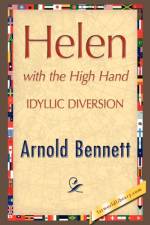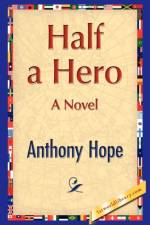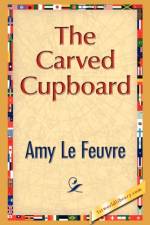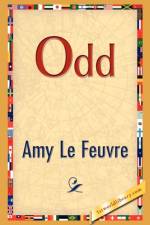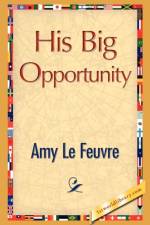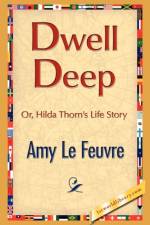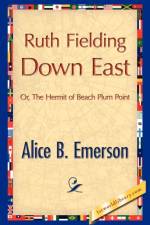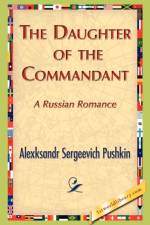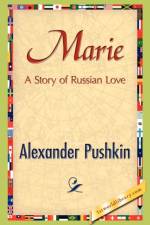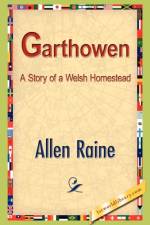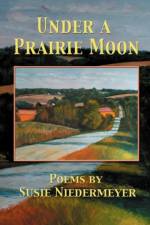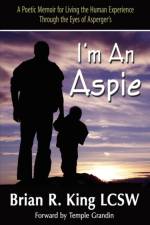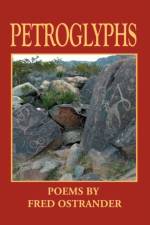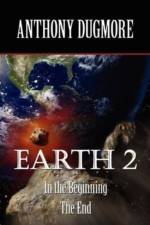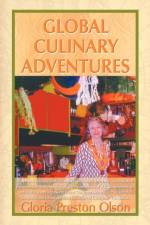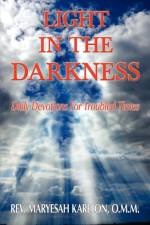- Poems by Two Brothers
av Steve (Education Development Center Benson & Barry Benson
191
"The Benson brothers have put together not only a fine book of poems well worth keeping close but also a strong testament of faith in those subtleties of blood that can elevate the ordinary into song." -Gary Gildner, winner of the Iowa Poetry Prize, Pushcart Prize, etc.; author of two novels, a collection of short stories, two memoirs, and nine books of poetry, including Cleaning a Rainbow, his most recent. "This is what poetry was meant to be, neither overly-sentimental nor veiled in obscure imagery. The poems read like music you have discovered as you search across the radio dial. Once found you stay tuned, turning the pages for more. This is adult poetry with risky passion, psychological pain, sensual thirst and the ache of longing. There are no forced inventions or over-clever literary devices. In fact, you are rarely aware of the writer, only the emotional landscape that unfolds with each line. The writing has a quality found in Marcel Proust's Remembrance of Things Past - an old picket fence, the ruts in a lane. The sun doesn't merely shine on a meadow, but rather is "This July-fireball afternoon in a pasture . . ." When an alcoholic, frail father irritatedly boots an empty paint can towards his sons it becomes the tumbling, end-over-end kick-off of an imagined football game, the boys waiting underneath it to return the shiny offering. I find the value of any poem is increased or diminished in the sharing. The sharing of these poems, I can attest, stokes the delight and interest of another. "SCHOOLED LIVES: Poems by Two Brothers is a gift Barry and Steve Benson have placed in our hands." -John Gaps III, finalist for the Pulitzer Prize, author of God Left Us Alone Here: A Book of War (poems and combat photographs). "Who says a book of poems need be the domain of a singular poet and aesthetic? With Schooled Lives by accomplished poets and brothers Steve and Barry Benson, you get double the perspectives, imagery and deft language about life in the unruly, rural Midwest and other climes. Here too, are lively pairings of poems that dialogue with each other. For instance, Steve's "Candy for the Fat Lady" begins, "She bulged in the bed of a parked pickup truck / where it cost two quarters to gawk at her thousand pounds..." counters Barry's "Wild Man of Borneo" - ". . .not far from fields / where we boys baled hay in country dust and sun and sweat, / patrons stare at the geek in rags and a promise..." Though both poets are natural storytellers, Steve -- a visual artist - leans toward a leaner, impressionistic verse compared to Barry's love of narrative. This weaving together of writers is a welcomed addition to the genre. As Steve claims, "The Best Writers are spiders; they connect everything / with fine homespun lines /. . . (and) live in the trembling / nets of their own designs." -Barbara Lau, author of The Long Surprise (winner of the X. J. Kennedy Poetry Prize) & the award-winning drama, Raising Medusa.No relation to me, but brothers in the guts of deep, dark, old, weird America, the viscera of heartland their shared family legends, firsthand feedback stirring one another's grief and energy along, resilient as cubs, memories crystals hard and sharp, these two linked different men are wrenchingly attentive to a restless, emphatic, and receptive, sensuous life in contact with and imagining the world they've known. Their poems' honest power braces against labor's compromises and intuition's leaps, tradition and discovery, to bring us into real places some of us have never been and others may not have left. -Maine language poet (eight books published) and practicing psychologist (not related to Barry or Steve Benson).

